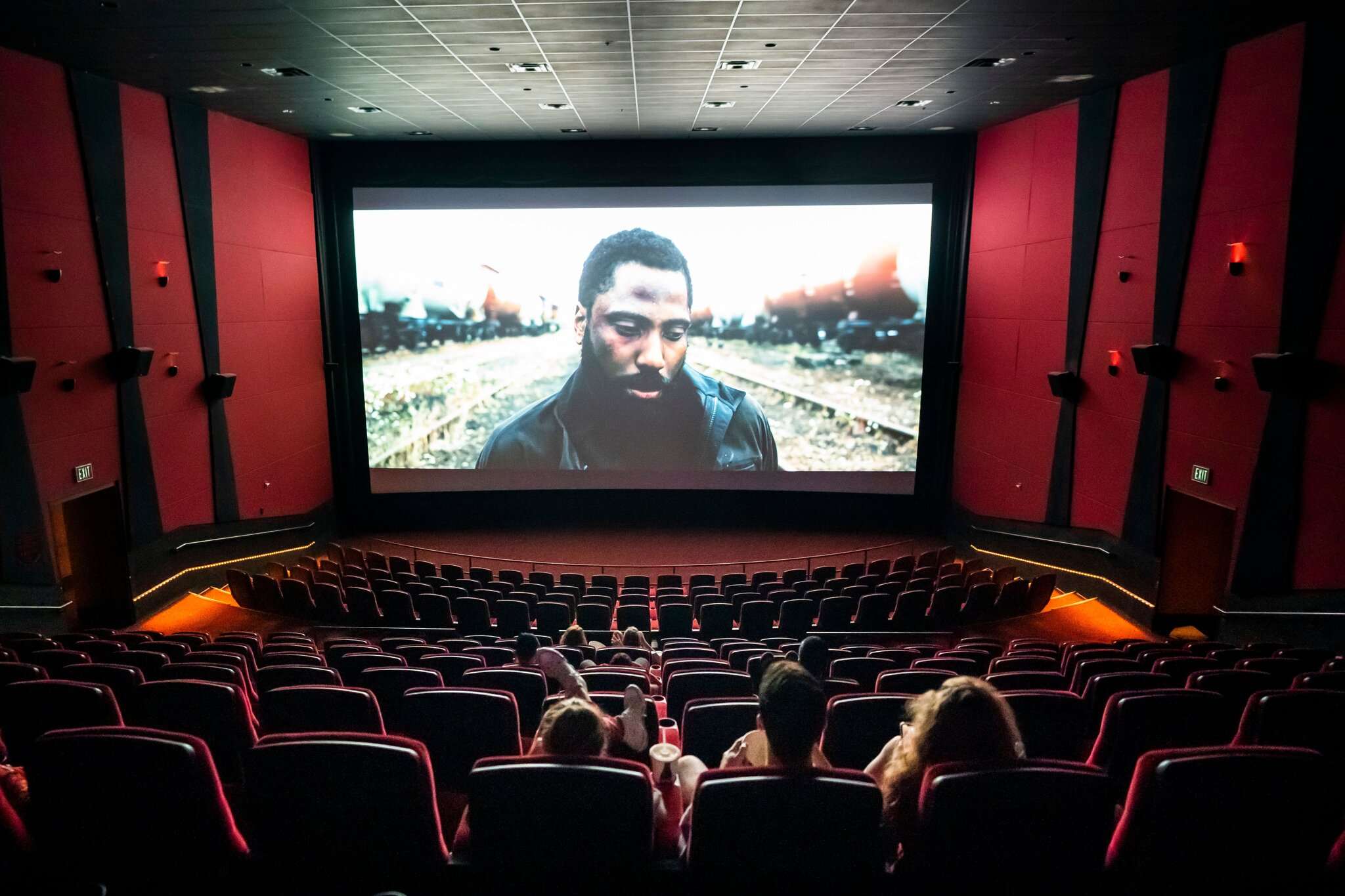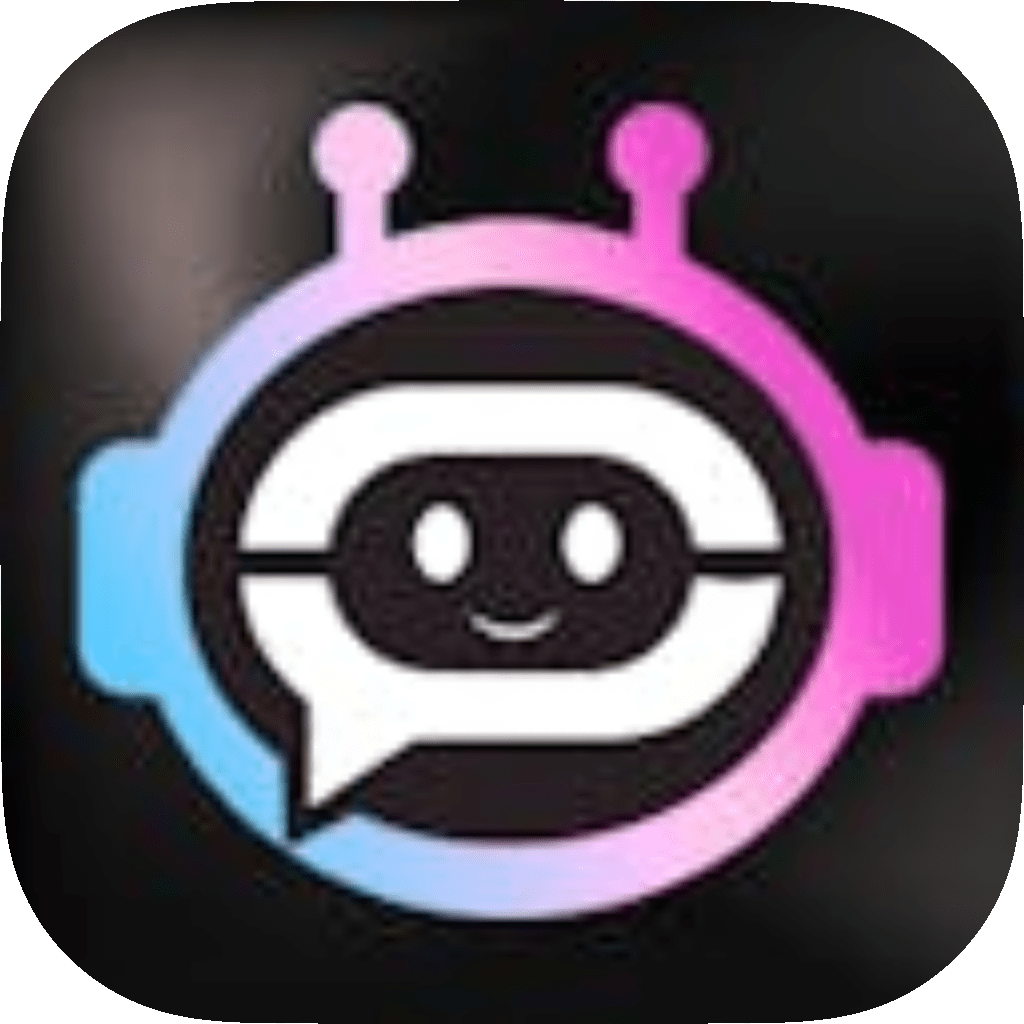
Building the Personal Movie AI ChatBot:
A Smart Way to Search, Watch, and Manage Thousands of Movies
Welcome to a behind-the-scenes look at the creation of a cutting-edge project that blends artificial intelligence, language models, and movie discovery into one powerful tool: the Personal Movie AI ChatBot. With this chatbot, users can explore a rich collection of nearly 150,000 cinema and theater films, ask natural language questions, view trailers, and even watch the movies (when available through public sources such as webtorrent links).
This project was built using advanced AI concepts like RAG (Retrieval-Augmented Generation), LLMs (Large Language Models), and vector databases like Qdrant, all powered by a self-hosted LLM environment using Ollama.
What Is an AI RAG System?
RAG stands for Retrieval-Augmented Generation. It is a hybrid AI architecture that combines two main components:
- Retrieval: When a user asks a question, the system searches a connected knowledge base (in this case, a structured movie database) for the most relevant documents, descriptions, or metadata.
- Generation: Those retrieved results are then passed into a Large Language Model (LLM), which crafts a coherent, natural-language response using the retrieved data as context.
Unlike standard LLMs that rely solely on their training data (which may be outdated or incomplete), RAG ensures access to fresh, real-time, and domain-specific knowledge.
Benefits of RAG include:
- More accurate and factual responses.
- Customizability through external data sources.
- Efficiency by avoiding the need to fine-tune large models on every new domain.
What Are LLMs?
Large Language Models (LLMs) are sophisticated AI systems trained on vast datasets of human language. They understand and generate human-like text, answer questions, summarize information, and even perform logical reasoning.
LLMs used in this project include models like LLaMA 3, Mistral, and others that can be hosted locally. Their capabilities allow the chatbot to understand nuanced queries such as:
“Show me 90s comedy movies with Robin Williams that have good ratings and are available to watch.”
These models support features like:
- Natural language understanding and generation.
- Tool calling to interface with external scripts (e.g., fetching trailers, checking watch availability).
- Reasoning over structured and unstructured content.
What Is Ollama?
Ollama is a fast and lightweight runtime engine for running Large Language Models locally. It allows developers to deploy models without needing cloud infrastructure or external APIs. Key benefits include:
- Full privacy — no user data leaves your server.
- Low latency responses — all model inference happens locally.
- Tool calling and plugin support — the model can interact with scripts and databases.
- Resource efficiency — many models can run even on consumer hardware.
Ollama serves as the local AI brain in this project, orchestrating the natural language layer of the chatbot.
The Personal Movie AI ChatBot
The core of this project is a smart AI assistant that understands movie-related queries in natural language. Here’s a breakdown of the key features:
1. Movie Search with Natural Language
Users can ask anything – from “romantic comedies with Sandra Bullock” to “crime thrillers set in London” – and get intelligent answers. The chatbot understands genres, actors, directors, years, and other metadata.
2. Vector Search with Qdrant
All movie descriptions, titles, metadata, and translations are converted into embeddings (numerical vectors) and stored in Qdrant, a high-performance vector database. This enables semantic search — the AI doesn’t rely on keyword matching, but understands the meaning and intent behind queries.
3. Movie Playback via WebTorrent
In cases where a movie is publicly available via webtorrent (a decentralized peer-to-peer system), the chatbot can offer the option to play the movie using a modern player like VideoJS. This allows streaming without needing to store the media locally.
4. Dynamic Recommendations
Based on user interactions and patterns, the chatbot can make intelligent suggestions. For example, if a user frequently searches for sci-fi movies, the AI will prioritize and recommend new sci-fi releases.
5. Real-Time Translations
Movie titles and descriptions originally in Dutch (sourced from MovieMeter) are translated automatically into English. This is done using local translation models or AI-powered translation APIs to ensure accessibility for a broader audience.
6. Media Management and Cleanup
The system includes automated logic for managing its dataset. For instance, very old movies (before 1960) may be deprioritized or removed. The vector index can be refreshed to reflect user interest and optimize storage.
7. Fast Backend Processing
With multiple dedicated servers running PHP scripts, Qdrant indexing, and Ollama model clusters, the import and processing of over 150,000 movie records is efficient and scalable. The system can be updated, extended, or even migrated easily due to its modular and script-driven architecture.
Why This Project Matters
Most movie platforms offer limited filtering and search capabilities. This AI chatbot opens the door to a new kind of experience — personalized discovery powered by intelligent agents that understand your intent, mood, and preferences. It’s like having your own personal movie assistant who remembers what you like and helps you find the perfect film, even if you don’t know what you’re looking for yet.
Future Features in Progress
- Real-time syncing with MovieMeter API.
- User accounts with watch history, favorites, and preferences.
- Switchable AI models for different types of responses.
- Mobile-first UI with voice search and accessibility features.
- Live subtitle support for torrents.
Final Thoughts
This project is a great demonstration of what is possible when AI is combined with real-world datasets and practical tools. It’s not just about building something cool — it’s about giving users a smarter way to explore a massive amount of content without being overwhelmed.
With Ollama and open-source technologies, this kind of personal AI assistant is finally within reach — even for individuals or small teams, without needing a giant company behind it. And with 100% local control, privacy and performance are never compromised.
Want to try the chatbot? A public version is available at chat.ollama.cloud/demo/.

